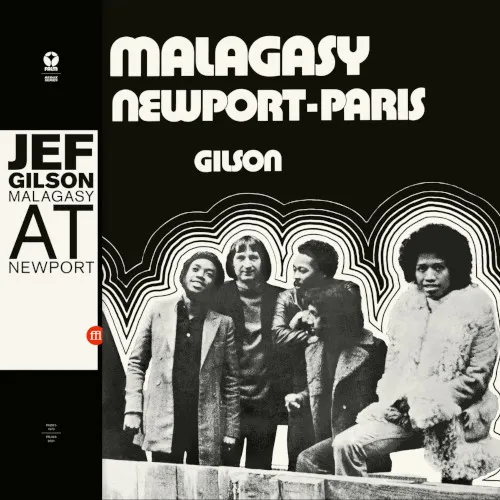- LP
- CD
- Recommended =
- New Release
Jef Gilson
Malagasy At Newport
Souffle Continu
- Cat No: FFL068CD
- updated:2021-07-24
FOUR TETなどの先鋭的なアーチストにも影響を与えてきたフランスのジャズの先駆JEF GILSON & MALAGASY、マダガスカル島、レユニオン島から亡命してきたミュージシャン達とのPALMからの名作がついに単独再発されます。
Track List




ジャンルを超えて、今聴かれるべき先鋭70sアーチストとして、JAZZMAN、KINDRED SPRITなどが再発を勧めてきたJEF GILSON。アフリカン・リズム、ポリリズムの先鋭性にいち早く気づき、取り組んだアーチストとの一人で1968年にマダガスカルに渡っています。その当時、現地でセッションしたミュージシャン達の何人かはは、4年後にフランスに亡命し、このジェフ・ギルソンとこの録音を残し、JEF GILSONが帰国後に設立したPALMからリリース。ヴァリハというマダガスカルの民族弦楽器をフィーチャリングした「Valiha Del」はFOUR TETもLAST NIGHT TALESで セレクト。 (サイトウ)